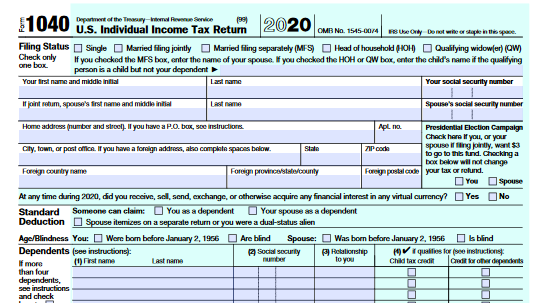Do you consider yourself a person who can drive a hard bargain or stand up for yourself in tough negotiations? You might want to put your abilities to the test if you owe a sizeable debt to the IRS. Here’s why: If you qualify, you may be able to cut a deal with the IRS through its offer in compromise (OIC) program.
Best of all, you don’t have to go it alone. You can enlist the services of a tax professional to assist you throughout the process without any objection from the IRS.
Details: Briefly stated, an OIC is an agreement between a taxpayer and the IRS settling a tax liability for less than the full amount owed. To qualify, the taxpayer must have filed all tax returns, made all required estimated tax payments for the current year and deposited payroll taxes for the current quarter if he or she owns a business. However, if the liability can be fully paid through an installment agreement or other means, the taxpayer generally isn’t eligible for relief through an OIC.
The key to the deal is the determination of the taxpayer’s “reasonable collection potential” (RCP). If your offer isn’t at least equal to your RCP, the IRS won’t go for it. The RCP includes assets that you can turn into cash such as real estate, automobiles, bank accounts and other property plus future expected earnings from a job. Subtract out amounts needed for basic living expenses.
According to the latest regulations in this area, the IRS will only accept an OIC under one of these conditions:
- There is doubt as to liability: Under this requirement, there must be a genuine dispute as to the existence or amount of the correct tax debt under the prevailing tax laws.
- It is uncertain if the amount owed is fully collectible. Notably, doubt exists where the taxpayer’s assets and income are less than the full amount of the tax liability.
- Finally, the IRS may agree to an OIC when there’s no doubt that the tax is legally owed and that the full amount owed may be collected, but requiring payment in full would create an economic hardship or be “unfair and inequitable” under the circumstances.
If the IRS accepts the taxpayer’s offer, it expects that ne or she will have no further delinquencies and will comply in full with the tax laws going forward. If the taxpayer doesn’t abide by all the terms and conditions of the OIC, the IRS may invalidate the OIC. Any rejection from the IRS will come in the mail.
Final words: There are other technical requirements that must be met before the deal is approved, but you can leave the nitty-gritty to your tax advisor. For more information, visit www.irs.gov/Individuals/Offer-in-Compromise-1
Thanks for reading CPA Practice Advisor!
Subscribe Already registered? Log In
Need more information? Read the FAQs




